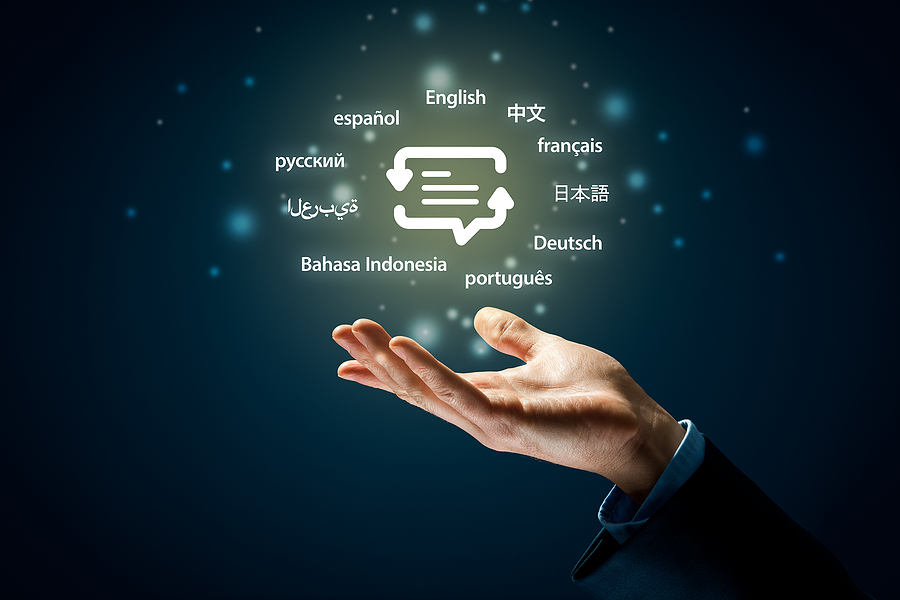When it comes to translating legal documents, there’s a lot to think about in order to produce the best, most accurate translation. The legal field is perhaps one of the most dependent on the accuracy and reliability of documents, and these 5 tips will help you master any legal translation.
Know what you need to translate
Table of Contents
Firstly, it’s crucial to know exactly what needs to be translated. Within a document, there could only be quotes in a different language that need to be translated for counsel or as a witness statement. Alternatively, it could be a whole document that needs translating. Ensure you double check what parts of your document needs translating before starting, as this could save you a lot of time and effort.
Pick an expert translator
A surefire way to make sure that you get the best quality is by choosing an expert in legal document translation. This means finding someone who is an expert in both the translation language and field of expertise. This is because different industries have such specific vocabulary and jargon that they’re almost their own language. This way, your translator can bring industry-specific knowledge to the translation and ensure that it reads smoothly and makes sense in your target language.
If you aren’t an expert in your field and translation language, then this is a sign to source someone who is and can get your translation done more efficiently and accurately.
Make sure your translation is accurate
This is an obvious one, but nevertheless an important one. Translation accuracy is of the utmost importance, and in the context of the legal field, can mean the difference between winning or losing a case. To make sure your translation is accurate, have multiple rounds of edits so that other members of your team can take a look at your translation for any inconsistencies or inaccuracies.
Ensure it will stand up in court
Your translation is most likely a part of a case you’re working on, and a crucial step in the legal translation process is ensuring that your translation will stand up in court. This may require you to contact another legal professional in the language that your translation is in to double check that the translation is legally feasible. If your case is taking place in a different country, you should check that the translation upholds and abides by the laws of that country, which vary across the world.
Check it for errors
The last final check is a last review of your translation for any remaining errors or inconsistencies. During the editing and proofreading process, there may be suggestions or changes that need to be reviewed before being implemented. So now is the opportunity to do so. After you have performed a last check and perfected your translation, it will be ready for use.
Legal translations are perhaps the hardest of all translations to master because of the pressure associated with them, but as long as each step is carried out diligently and carefully, your translation should be a strength in any case.
Image Source: BigStockPhoto.com (Licensed)
Related Categories: Legal, Reviews








